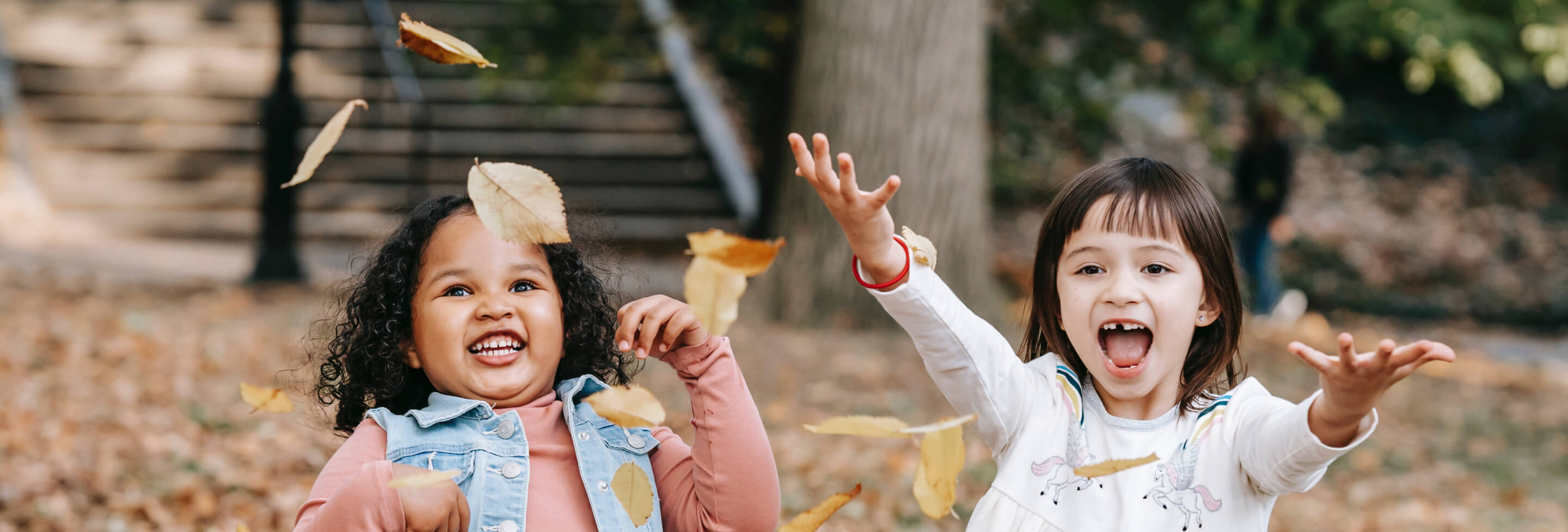The following results are from a national poll of 531 bereaved children and teenagers 18 years and under who are grieving the death of a parent or sibling, conducted by local Grief Support Centers throughout the United States in conjunction with the New York Life Foundation and the National Alliance for Grieving Children.*
Results indicate that the support of family and friends is most helpful to grieving children and friends; and that, although grief is mentally and emotionally difficult, most children and teenagers want to continue to live life and are hopeful about their own future.
Check out what children and teenagers have to say…
Family and Home Life
When asked what the most helpful things were after the death of their family member, 55% said spending time with family.
71% said that the adult(s) they live with gave help and support to them after the death, with 43% also saying that the adult in their life spent enough time with them.
47% said that since the death of their family members they try not to make things any harder for their guardian.
33% said that their current guardian has found it hard to “talk to me about personal stuff.”
Friends and Others
When asked what the most helpful things were after the death of their family member, 59% said spending time with friends.
54% said that their friends were very helpful and supportive after the death and 49% said that their friends treated them just like they always had.
52% said that talking to their friends about the death of their family member is hard.
Grief Reactions
46% cannot believe it is true.
75% say the pervading emotion they currently feel is sadness, with feeling angry, alone, overwhelmed and worried being top other emotions.
86% said that they wish they had more time with their loved one, with 69% saying that they wish they could talk to their loved one, just one more time.
39% have trouble sleeping.
45% said they have more trouble concentrating on school work.
41% said that they have acted in ways that they knew might not be good for them, either physically, mentally or emotionally.
34% indicated they said hurtful things to others after the death.
47% believe their life will be harder than it will be for other people.
73% said that they think about their loved one every day.
Things that are Helpful
In addition to spending time with friends and family, other helpful activities indicated were…
Listening to music (49%)
Staying busy (46%)
Going to a grief group (42%)
Talking to others who’ve gone through the same thing (41%).
Grieving Children and Teenagers Want Others to Know
62% – that they would give a year of their life to spend just one more day with the person who died.
58% – that you should be nice to the people you love because you don’t know how long you will have them in your life.
55% – that they really miss the person who died, but that they are not sad all the time.
46% – that if you haven’t had a family member die, you don’t know how they feel.
Grieving Children and Teenagers Agree
71% – that you never stop missing the people you love who die.
68% – that the death of their family member was the worst thing that ever happened to them.
60% – that most people don’t understand what it is like to have a family member die when you are young.
63% – that people don’t have to “give me special treatment; I just want to be treated like everyone else.”
Remembering and Honoring the Person Who Died
71% remember and honor the person who died by keeping photos or special things that belonged to the person who died; 65% by enjoying life and having fun; 54% by doing things their family member liked to do; and 53% by remembering and telling stories about the good times they had together.
What Children and Teenagers Have Learned Through Grief
The top two things children said the death of their family member has taught them is 1) How important my family is to me (78%) and 2) Life is not fair (72%)
Grief Support Groups and Counseling
76% said that what they like the most about the grief group/counseling is 1) Meeting other people who are going through grief like them (76%), and 2) Making some new friends (62%).
